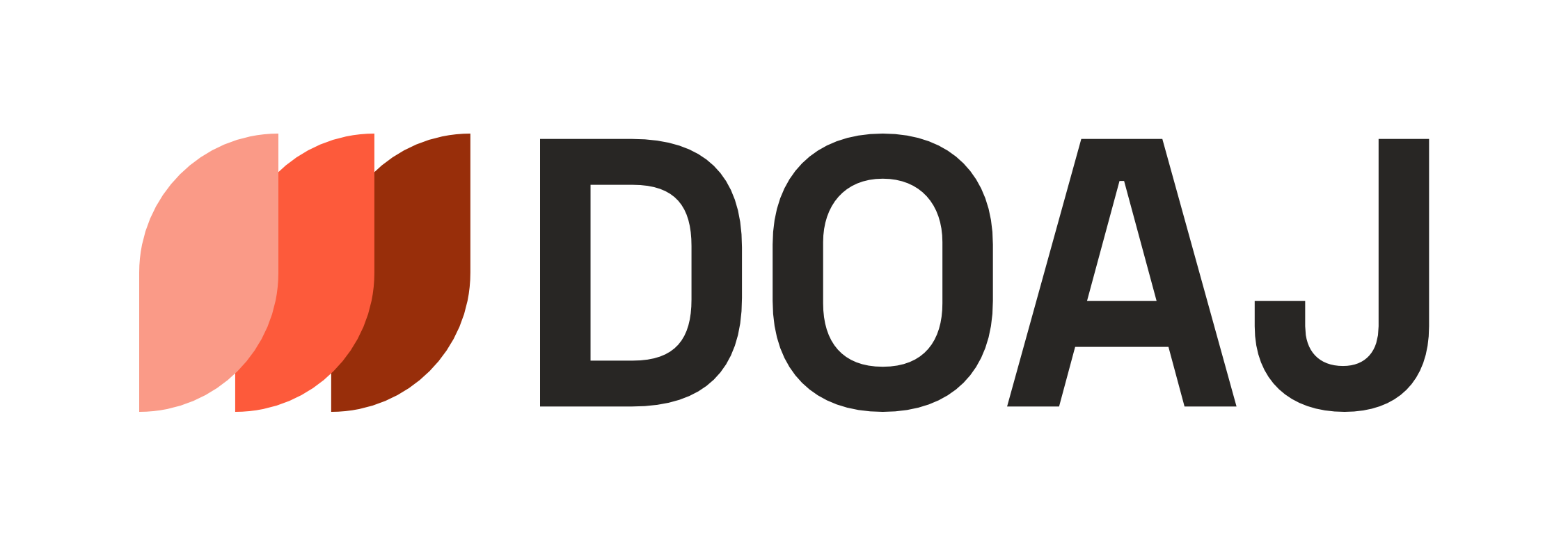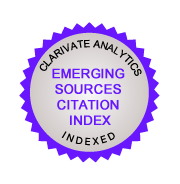From Neoliberal Museums to a New Eco-Social Institutionality: The Guggenheim as an Unsustainable Effect
DOI:
https://doi.org/10.5944/etfvii.10.2022.32893Keywords:
Museology; Institutional critique; Ecosocial museum; MACBA; Guggenheim BilbaoAbstract
During the 1990s, two major museums with international projection were opened in Spain: the MACBA Museu d’Art Contemporani de Barcelona and the Guggenheim Bilbao. Due to their public-private nature, both museums could be framed under the category of «corporate museums» defined in 1990 by art critic Rosalynd E. Krauss in her essay «The Cultural Logic of Late Capitalism Museum». Through a detailed reading of this text and based on works of the so-called institutional critique of the MACBA collection, this essay analyzes the implications derived from the construction of these two museums under the paradigm of minimal art architecture and the way in which its current organization is far from what is needed to face the crisis of civilization derived from ecological collapse. From this eco-social perspective, neither the «Guggenheim effect» nor MACBA, understood as a tourist attraction claim, are currently sustainable in environmental or social terms. As a conclusion, is proposed an image as a speculative fiction to begin to imagine a possible eco-social museum.
Downloads
References
Albarrán, Juan (coord.): Arte y transición. Madrid, Ed. Brumaria, 2012.
Badía, Tere y Marzo, Jorge Luis: Las políticas culturales en el Estado español (1985–2005), recurso en línea https://www.soymenos.net/politica_espanya.pdf, 2006.
Borja-Villel, Manuel y Romero, Yolanda: 10.000 francos de recompensa (el museo de arte contemporáneo vivo o muerto), Madrid, SEACEX, UNIA y Ministerio de Cultura, 2009.
Bradley, Kim: «The deal of the Century», Art in America (julio de 1997)
p. 48. Disponible en castellano en línea: https://m.blog.naver.com/PostView.naver?isHttpsRedirect=true&blogId=kcd5707&logNo=120018111412
Bourdieu, Pierre y Haacke, Hans: Free Exchange. Cambridge, Polity Press, 1995.
Brown, Wendy: El pueblo sin atributos: La secreta revolución del neoliberalismo, Barcelona, Malpaso, 2016.
Brown, Wendy: En las ruinas del neoliberalismo. El ascenso de las políticas antidemocráticas en Occidente. Madrid, Traficantes de Sueños, 2020.
Carrillo, Jesús (ed.): Desacuerdos. Sobre arte, políticas y esfera pública en el Estado español. Barcelona, ArtelekuDiputación Foral de Gipuzkoa, MACBA y la Universidad Internacional de Andalucía-UNIA arteypensamiento, 2004.
Carrillo, Jesús y Vega Manrique, Miguel: «¿Qué es un museo feminista? Desacuerdos, negociación y mediación cultural en el Museo Reina Sofía», Espacio, tiempo y forma. Serie VII, Historia del Arte, Nº 8 (Nueva época), 2020.
Fraser, Andrea, De la crítica institucional a la institución de la crítica. México D.F., Siglo XXI Editores, 2016
Garbayo-maetzu, Maite, Montero, Justa y Rosón, María: Entrevista a Justa Montero, «Feminismos: revueltas y tácticas de resistencia. Imágenes de un mundo por venir», Re-visiones, 2021. http://www.re-visiones.net/index.php/RE-VISIONES/article/view/480
Grasskamp, Walter: Hans Haacke. Nueva York, Phaidon, 2004.
Guasch, Ana María: «Biennalisme i globalització del sistema de l’art», conferencia en el MACBA, octubre de 2020, dentro del curso Utópics 90, disponible en línea https://www.youtube.com/watch?v=IzoLnQ70Rxk
Guasch, Anna Maria y Zulaika, Joseba (eds): Aprendiendo del Guggenheim Bilbao. Madrid, Akal, 2007.
Haacke, Hans, «Working Conditions. The Writings of Hans Haacke, ed. Alexander Alberro, MIT Press, Cambridge, 2016.
Herrero, Yayo: Ausencias y extravíos. Madrid, Revista Contexto y Ecologistas en Acción, 2021.
Holmes, Brian: «La personalidad flexible. Hacia una nueva crítica cultural». Brumaria 7. Arte, máquinas y subjetivación, noviembre de 2006. Madrid, Brumaria, 2006.
Jiménez, José: «Hacia un museo ecosistémico», ICOFOM Study Series, 48-2, 2020, http://journals.openedition.org/iss/2596; https://doi.org/10.4000/iss.2596
Krauss, Rosalind: «The Cultural Logic of the Late Capitalist Museum», October, Autumn, Nueva York, 1990, vol 54, pp. 3–17.
Medina, Cuauhtémoc, Andrea Fraser. L’1% C’est moi, MUAC Museo de Arte Contemporáneo de México, México, 2016.
Mörsch, Carmen: «Alliances for Unlearning: On the Possibility of Future Collaborations Between Gallery Education and Institutions of Critique», Afterall (Spring 2011), Londres, 2011, pp. 5–13.
Rementeria, Iskandar: Oteiza y el Centro Cultural Alhóndiga de Bilbao. Una interpretación estética. Bilbao, Museo Oteiza y Azkuna Zentroa, 2017.
Vindel, Jaime: Estética fósil. Imaginarios de la energía y crisis ecosocial. Barcelona, MACBA – Arcadia, 2020.
VV.AA.: brumaria #2, 2002.
VV.AA.: La bestia y el soberano. Leipzig, MACBA y Württembergischer Kunstverein, 2018.
VV.AA.: Objetos relacionales. Colección MACBA 2002 – 2007. Barcelona, MACBA, 2010.
VV.AA.: October Files Hans Haacke. Massachusetts, MIT Press, 2015.
VV.AA.: Repensar los museos, Madrid, Museo Nacional Thyssen-Bornemisza, 2019.
Zulaika, Joseba: Guggenheim Bilbao. Crónica de una seducción. Madrid, Nerea, 1997.
Downloads
Published
How to Cite
Issue
Section
License
Copyright (c) 2022 Pablo Martínez

This work is licensed under a Creative Commons Attribution-NonCommercial 4.0 International License.
Authors who publish in this journal agree to the following terms:
- Authors retain copyright and grant the journal right of the first publication with the work simultaneously licensed under a license Creative Commons Reconocimiento-NoComercial 4.0 Internacional that allows others to share the work with an acknowledgement of the work's authorship and initial publication in this journal.

- Authors are able to enter into separate, additional contractual arrangements for the non-exclusive distribution of the journal's published version of the work (e.g., post it to an institutional repository or publish it in a book), with an acknowledgement of its initial publication in this journal.
- Authors are permitted and encouraged to post their work online (e.g., in institutional repositories or on their website) prior to and during the submission process, as it can lead to productive exchanges, as well as to earlier and greater citation of the published work (See The Effect of Open Access).










